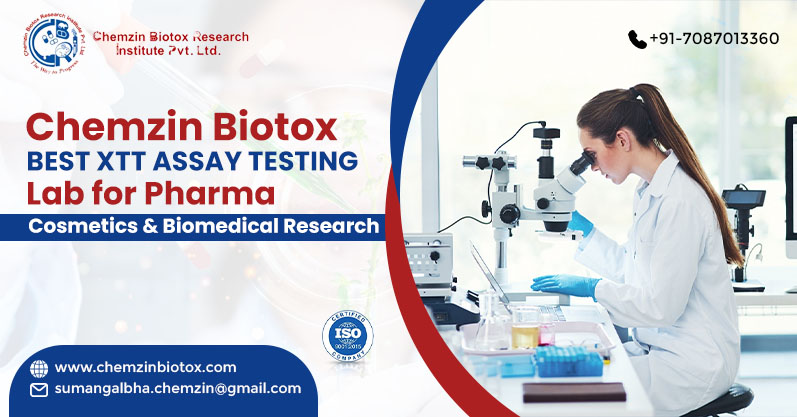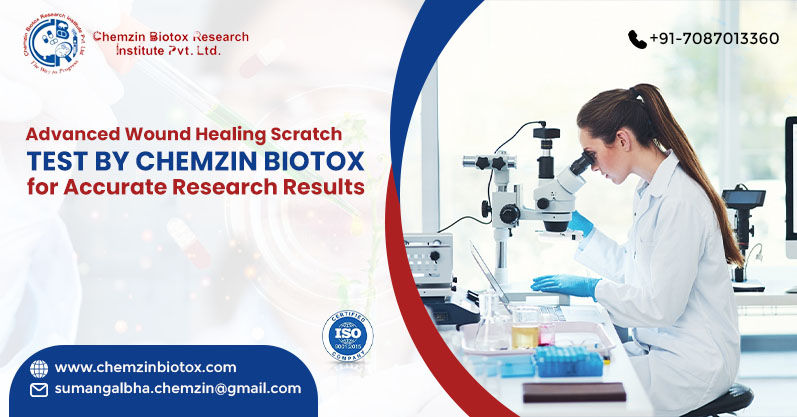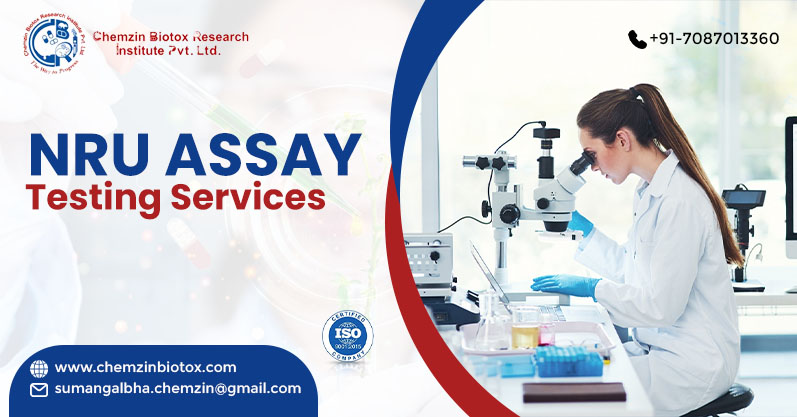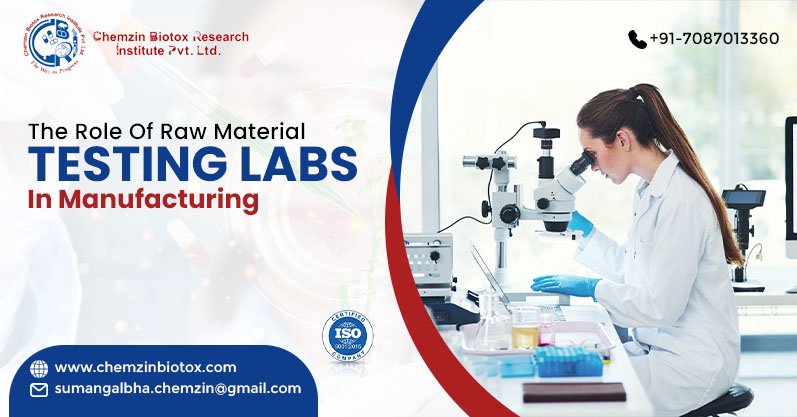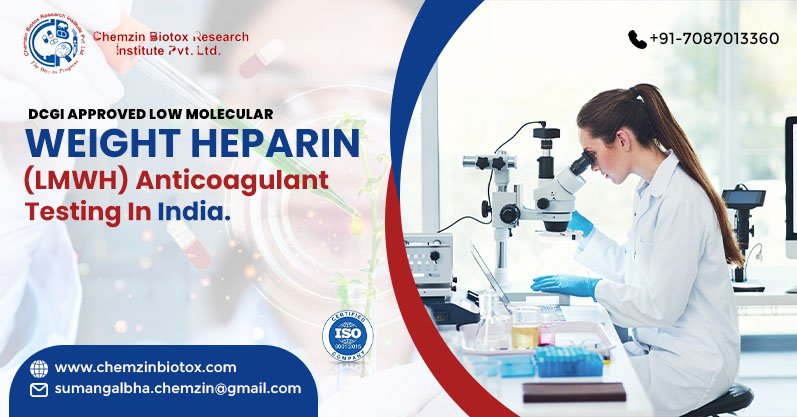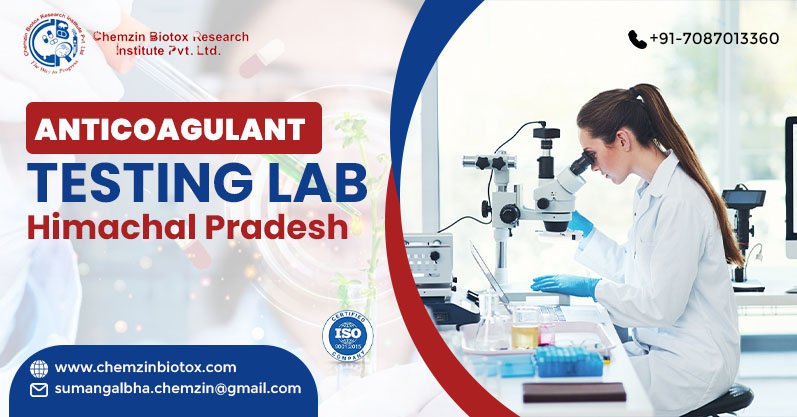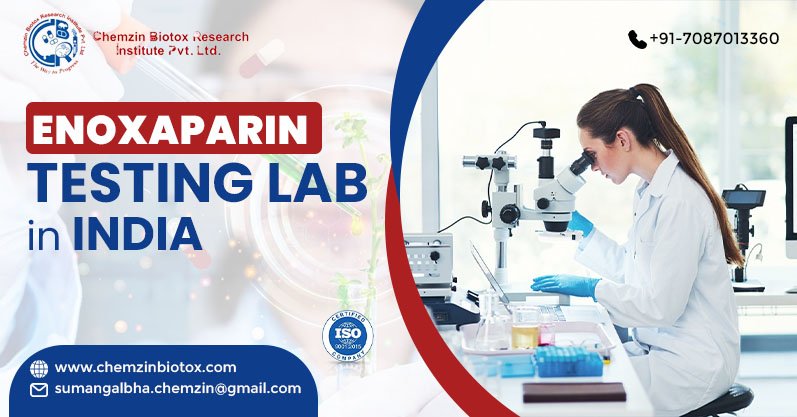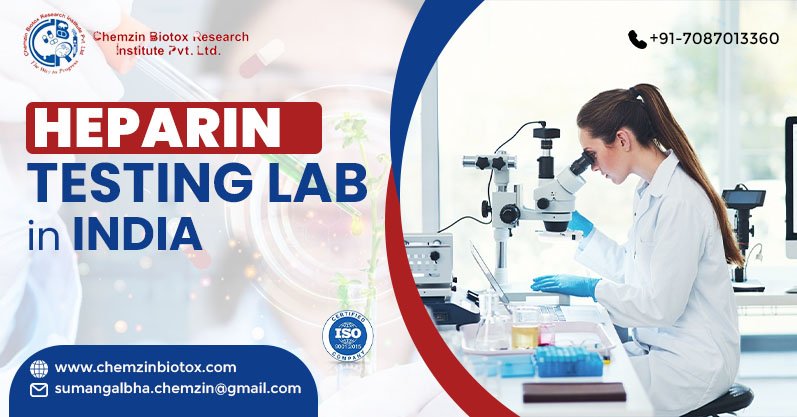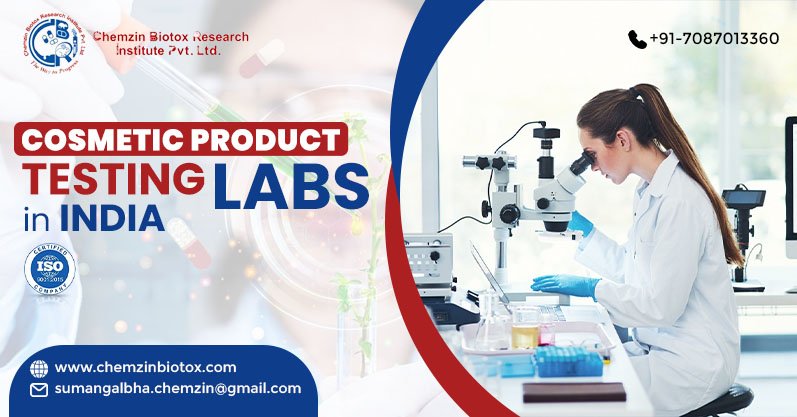
Pharmacokinetics and Pharmacodynamics Testing Labs in Modern Drug Development: The Chemzin Biotox Advantage
Introduction to Pharmacokinetics and Pharmacodynamics Pharmacokinetics and Pharmacodynamics testing are crucial to drug discovery and development. They help scientists understand how the medicine enters the body and has its desired...

